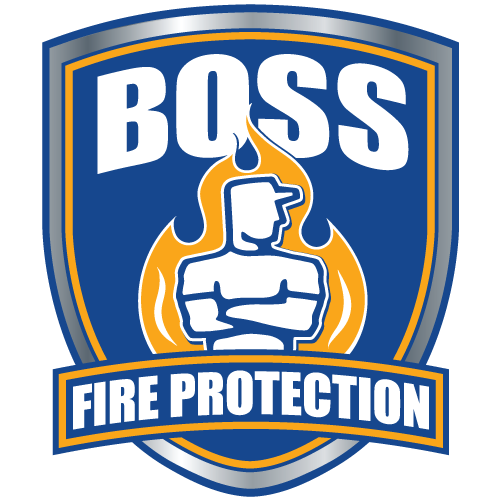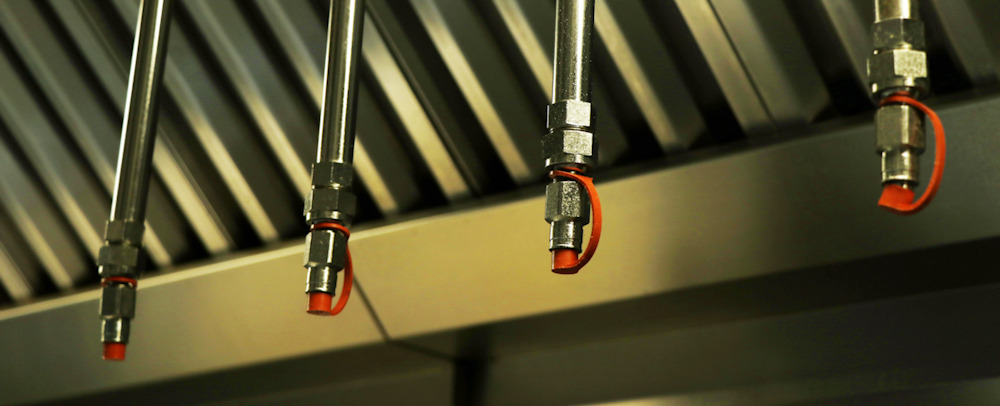
Safety is paramount when it comes to managing fire suppression systems in your establishment. Regular inspections play a crucial role in ensuring that your systems are not only compliant but also fully functional in the event of an emergency. To assist you in selecting the right fire suppression inspection service provider, we’ve compiled a guide to help you vet and communicate effectively with your inspector.
WHAT TO LOOK FOR FROM YOUR INSPECTOR:
1. Thorough Control Head Box Inspection: Ensure that your inspector opens the control head box to conduct a detailed examination of the actuator, actuator hose, wire cable tension, electrical components, and cartridges. Additionally, confirm that the system is disarmed to prevent accidental discharge.
2. Fusible Links Replaced: Verify that all fusible links have been updated or replaced with links for the current year’s date. This ensures that your system is equipped with the latest safety features.
3. Pressure Checks for Bottles and Cartridges: Ask whether the system bottles or cartridges have undergone a pressure check. This step is crucial for confirming the integrity and effectiveness of your fire suppression system.
4. Nozzle Caps and Clear Nozzles: Confirm that all nozzle caps are in place and that the inspector has checked that nozzles are not clogged with airborne grease. This guarantees proper functionality during a fire emergency.
5. Duct Nozzle Maintenance: Ensure that all duct nozzles have been cleared of any grease buildup. This is vital for maintaining optimal system performance.

WHAT TO COMMUNICATE:
1. Appliance Changes: Communicate any changes to your cooking equipment to the technician. This ensures that your fire suppression system coverage remains accurate and effective.
2. Upcoming Maintenance or Hydro Testing: Inquire about any upcoming maintenance needs or hydro testing for system bottles during the next service. This information allows you to plan accordingly and minimize disruptions.
3. Seek Suggestions for Improvement: Ask your inspector if there are any areas where you could improve between services. Their insights may help you enhance safety measures and potentially save money during each inspection.
Choosing the right fire suppression inspection service provider is crucial for the safety of your establishment. By being vigilant in your vetting process and maintaining open communication with your inspector, you can ensure that your fire suppression systems are not only compliant but also optimized for the best possible performance.
Let’s face it, most restaurant managers don’t like dealing with[...]
Is your commercial kitchen equipped to handle the heat? Discover[...]
[vc_row][vc_column][vc_column_text]Due to the current pandemic, business owners are being forced[...]